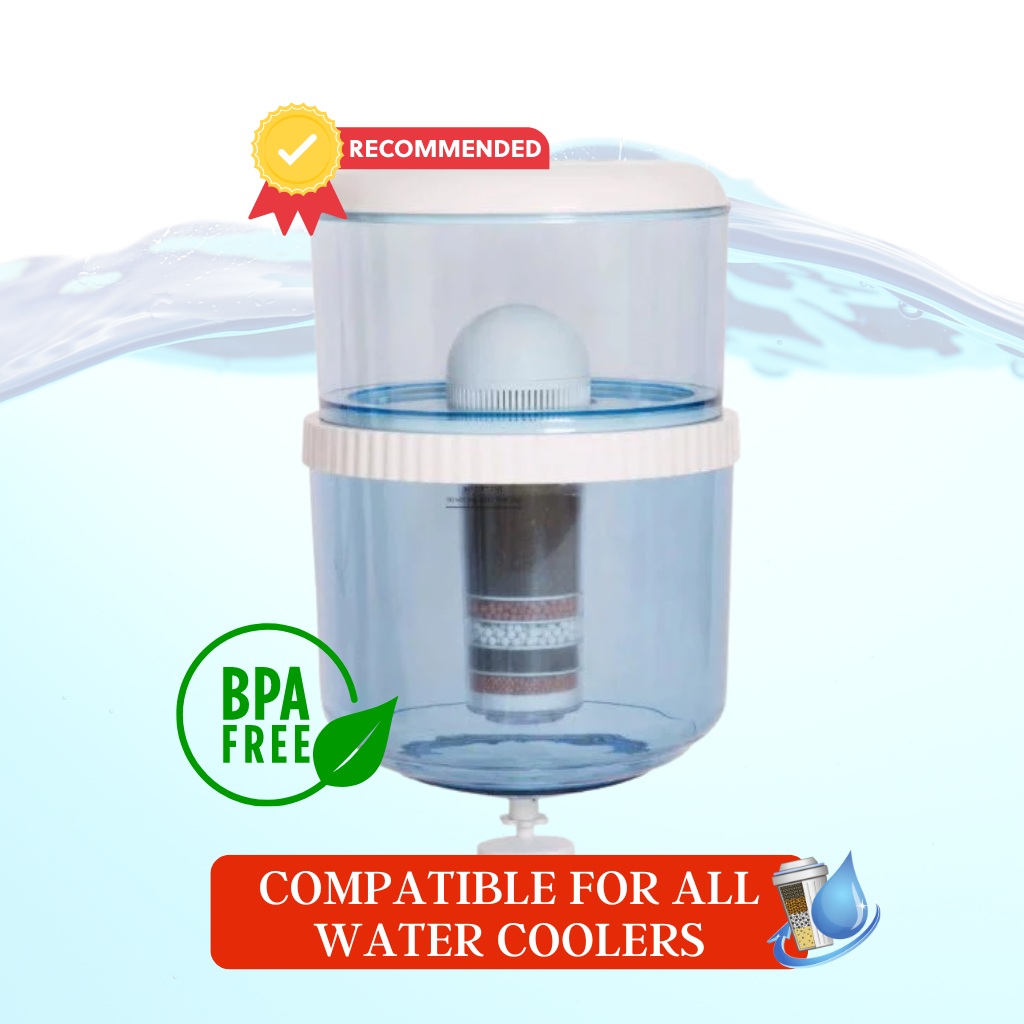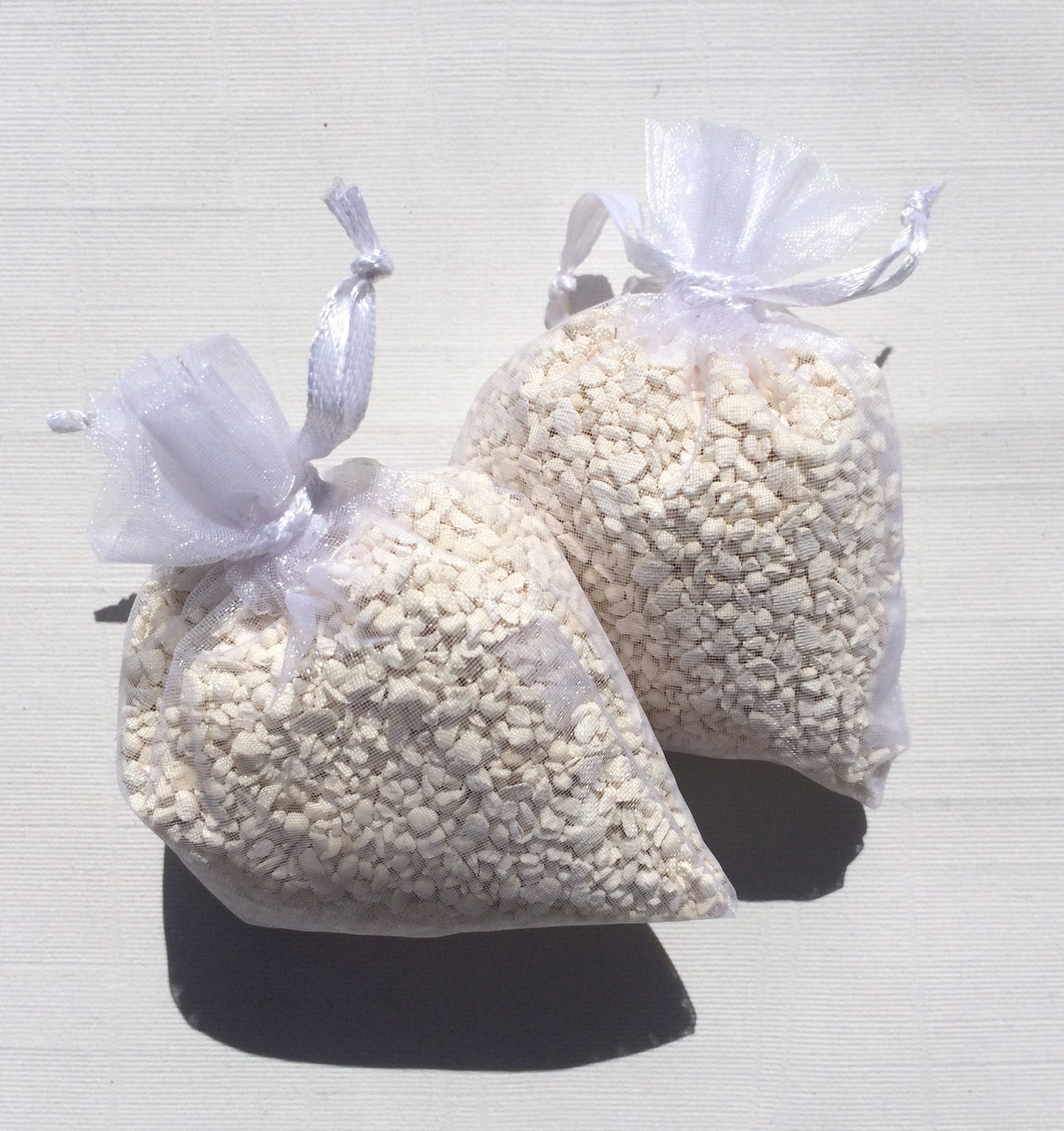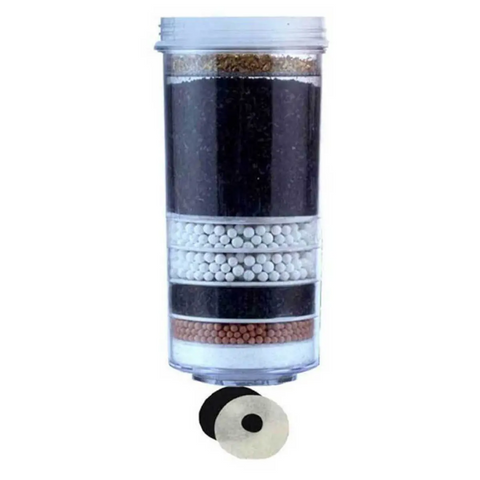BEST PRICES - FAST SHIPPING AUSTRALIA WIDE - GET YOURS NOW
Menu
-
-
Water Coolers
-
Water Filters & Purifiers
-
Water Filter System
-
Whole House Filter
- Single Stage Whole House Filter 10"
- Twin 10" Big Blue Whole House Filter 10" X 4.5"
- Triple Stage Whole House Filter 10"
- Anti Scale Whole House Big Blue Water Filter Replacement Cartridges 10" x 4.5"
- 2 x 1 Micron Coconut Carbon Block Water Filter 10" x 4.5
- Whole House Water Filter System Replacement Pack
- Single Big Blue Carbon Block Filter Cartridge MWF 10″ x 4.5″
- Twin Big White/Blue Polyspun Sediment Filter Cartridge MWF 10″ x 4.5″
- Triple Big White/Blue Polyspun Sediment Filter Cartridge MWF 20″ x 4.5″
- Benchtop Water Filters
-
Reverse Osmosis System
- RO 4000 Benchtop Reverse Osmosis Water Filter System with American Alkaline
- RO 3000 3 Stage Benchtop Reverse Osmosis
- RO 4000 Benchtop Reverse Osmosis Water Filter System with Standard Alkaline
- Reverse Osmosis Water Filter Replacement Cartridge
- Omnipure K-2540 Micron Sediment Filter
- Omnipure K5555 Water Filter Ion Exchange
- Filmtec 75 TFC Residential RO Membrane
- Filmtec 100 GPD RO Membrane
- RO Alkaline Water Filter Replacement Cartridge
- Omnipure K5650 - JJ Inline Filter 5 Micron with Pushin Connections
- Undersink Water Filter
- Drinking Steam Purifier And Distiller
-
Shower Filters
- HOC High Output Shower Filter Replacement Cartridge
- Sprite Handheld Filter Cartridge
- Sprite Universal Shower Hose Filter - Chrome
- Hand Held Shower Pure 7 Setting Shower Filter Brushed Nickel
- Sprite Slimline Shower Filter Cartridge
- High Output Chrome Shower Filter - White
- High Output Chrome Shower Filter - Chrome Brass
- Water Bubbler
-
Whole House Filter
- Replacement Water Filter Cartridges Guide
-
- Home
- FAQ
- Contact Us
- Shipping | Return | Refund | Warranty
- Install it with Airtasker
- 1-800-789-781
- Login

BEST PRICES - FAST SHIPPING AUSTRALIA WIDE - GET YOURS NOW
WATER COOLERS
Water Filters & Purifiers
Water Filter System
How Does a 7-Stage Water Filter Work?
October 27, 2019 3 min read
Water is a fundamental part of our lives, but how often do we stop to think about its quality? Many believe that local water treatments are sufficient to ensure safe drinking water. However, do you ever wonder about the potential contaminants lurking in the pipes that deliver water to your home?
For peace of mind and optimal health, we highly recommend the 7-stage water filtration system. Not only is it suitable for mains water supply, but it also works perfectly for water coolers and dispensers.
Benefits of the 7-Stage Water Filter:
- Comprehensive Filtration: It doesn’t merely improve the taste or remove odor. This system goes above and beyond to ensure the water you consume is of the highest quality.
- Elimination of Harmful Contaminants: Even with municipal treatment processes in place, your water can still contain harmful elements. The 7-stage filter removes contaminants like viruses, bacteria, and parasites. This includes potentially life-threatening bacteria like E. Coli and Cryptosporidium.
- Tailored to Your Needs: Before making an investment in a whole-home water treatment system, it's imperative to have your water analyzed. A water analysis will identify any bacteria, minerals, or pollutants in your supply. Understanding these results will allow you to choose the appropriate treatment system and decide whether it's for drinking, laundry, or comprehensive household use.
Maintaining Your 7-Stage Water Filter:
Ensuring the longevity and optimal performance of your 7-stage water filter requires regular and thoughtful maintenance. Here are some key points to consider:
#1 Regular Filter Replacement:
- Sediment Filter: Depending on your water quality and usage, sediment filters usually need replacement every 6-9 months. They capture larger particles, and over time, they can become clogged.
- Carbon and Granular Carbon Filters: Typically, replace every 6-12 months. These filters remove chlorine and organic contaminants. If you notice a return of bad taste or odor in your water, it might be time for a change.
- Reverse Osmosis Membrane: This crucial component usually lasts 2-3 years. However, if your water contains high amounts of contaminants, consider checking it annually.
- Post Carbon Filter: Replace this every 9-12 months to ensure the polished taste of your water.
- UV Lamp: It's effective for about 9,000 hours of use, translating to approximately a year. Even if it still emits light after this period, its ability to neutralize harmful microorganisms diminishes.
#2 System Cleaning
At least once a year, disinfect and clean the entire system. This prevents microbial build-up and ensures the system runs efficiently.
#3 Check for Leaks
Regularly inspect your system for any potential leaks, especially after replacing filters. Leaks can lead to water wastage and decreased filtration efficiency.
#4 Monitor Water Quality
Consider investing in a TDS (Total Dissolved Solids) meter. It allows you to check the purity of your water. A spike in TDS levels might indicate that filters or membranes need replacement.
#5 Stay Updated
Filtration technology and guidelines might evolve over time. Keep yourself informed about the latest recommendations regarding maintenance and filter replacement.
#6 Professional Checkup
While many maintenance tasks can be done individually, consider having a professional inspect your system annually. They can offer expert insights, detect potential issues, and ensure your system runs at peak efficiency.
In Conclusion
Water safety should never be taken lightly. With the 7-stage water filters, you can be confident that you're drinking water that is as clean and healthy as possible.
Regular maintenance not only prolongs the life of your 7-stage water filter but also ensures that you always have access to pure, healthy water. It's a small commitment to make for the invaluable benefit of clean drinking water.
Subscribe
Sign up to get the latest on sales, new releases and more …














